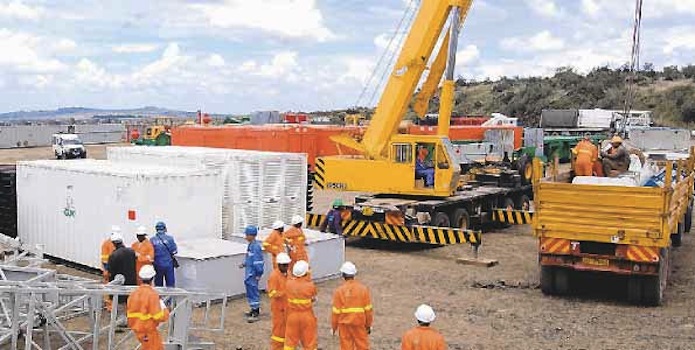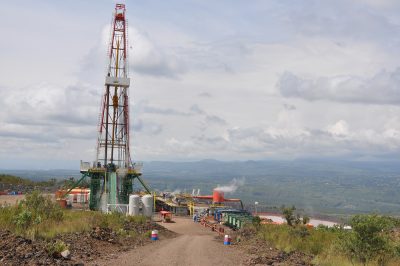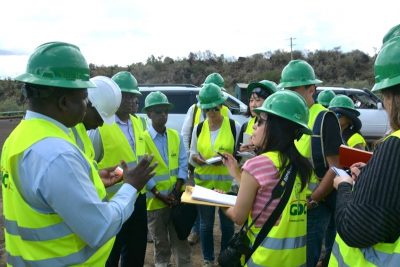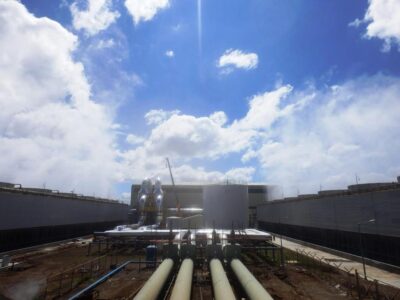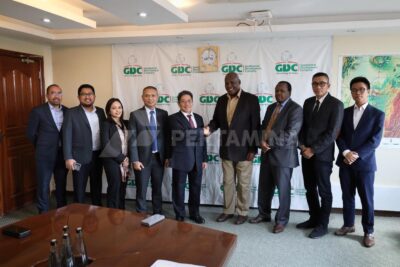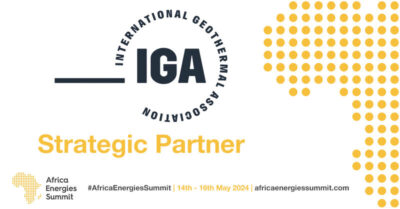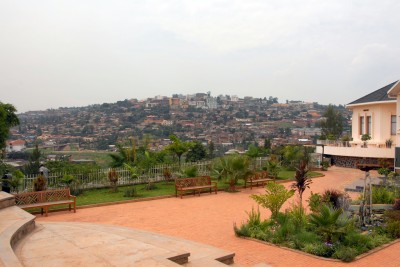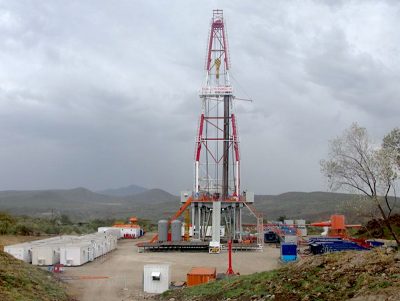Renewable power investments in Africa to reach US$57 billion by 2020
Consultancy Frost & Sullivan estimates that the total investment into renewable power in Africa is to reach US$57 billion in 2020, up from US$3.6 billion in 2010.
“The total investment into renewable power in Africa is expected to reach US$57.72 billion by 2020 from just US$3.6 billion in 2010, growth consultancy Frost & Sullivan said this week”, as reported by Business Report in South Africa.
“The key growth sectors will be wind power, solar power, geothermal power and foreign direct investment (FDI) into energy & power infrastructure,” said Frost & Sullivan energy & power systems industry analyst Ross Bruton.
The consultancy believes development of the renewable energy sector in Africa will lead to a diversification of the generation mix, a decreased dependency on a singular feedstock and greater security of supply.
According to a new study by Frost & Sullivan, which will be released next week, although Africa is endowed with fossil and renewable energy resources – which could more than adequately cover its energy needs – the continent remained the most poorly electrified continent in the world.
The proportion of people without electricity in Africa is higher than anywhere else on the planet, with as little as 5% of the population having direct access to electricity in some countries.
“This significant challenge does, however, have a massive potential upside. The need to provide electrification to remote communities is one of the key drivers of renewable energy development on the continent,” Frost & Sullivan noted.
New investments into the continent’s electricity infrastructure are also likely to incorporate new technologies and standards.
This requirement for smart technologies will mean that ICT development will also need to take place alongside electrification efforts.
“Smart electricity development in Africa will be driven through grid incorporation of renewable power, and technological leapfrogging through investments into greenfield T&D infrastructure projects,” Bruton said.
“Smart grids are, however, only expected to play a significant role in key high growth African economies,” he added.
Over the next ten years, renewable energy initiatives will be dominated by wind power projects, such as the Ashegoda Wind Farm in Ethiopia and Tanzania’s Singida Wind Farm.
Solar power will also show good growth; although this will most likely be through SA’s Upington solar project and renewed interest in Desertec in north Africa.”
Source: BusinessReport (South Africa)
